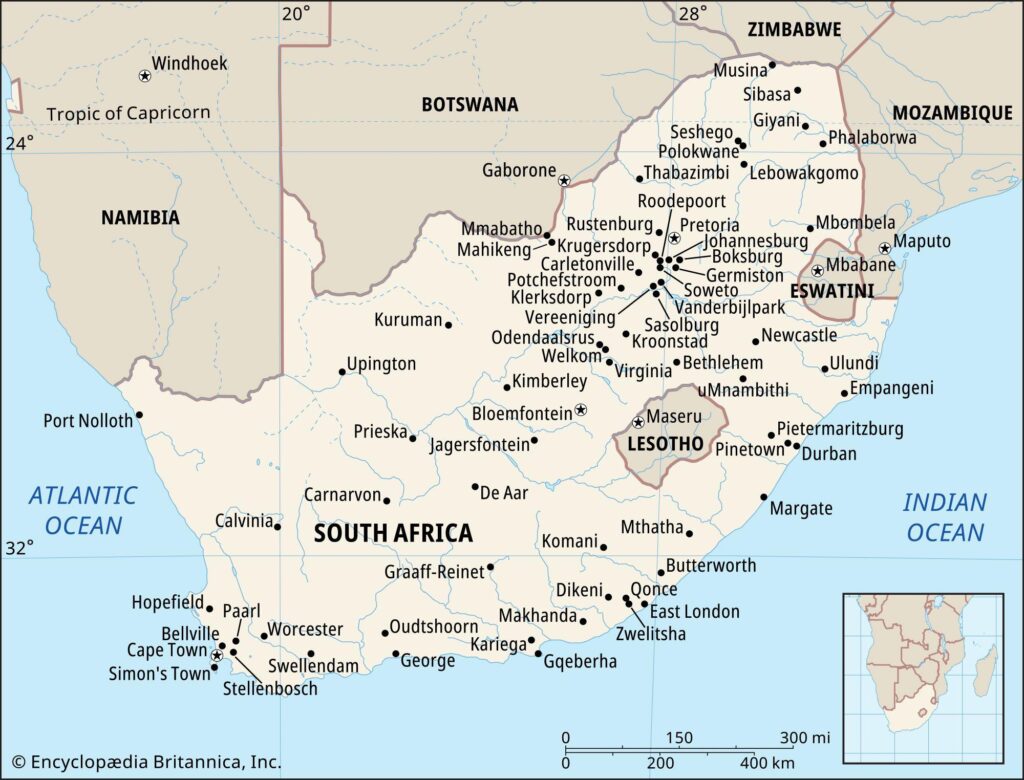Unpacking the Controversy: Race Relations and Violence Narratives in South Africa
Escalating Disputes Over Alleged Persecution of White South Africans
The discourse around claims of targeted violence against white communities in South Africa has intensified recently, fueled by statements from influential personalities such as Elon Musk. These allegations, which suggest systemic attacks on white farmers, have sparked heated debates both within the country and internationally. However, President Cyril Ramaphosa has firmly rejected these assertions, labeling them a “false narrative” that detracts from more urgent national challenges like poverty and inequality affecting all racial groups.
This contentious debate is further muddled by misinformation and selective interpretation of crime statistics. While some reports highlight an uptick in farm attacks predominantly impacting white landowners, broader data indicates that violent crime affects all demographics across rural and urban areas alike. The complexity of this issue calls for a balanced examination that considers socio-economic factors rather than framing it solely through racial lenses.
| Stakeholder | Main Claims | Counterpoints |
|---|---|---|
| Advocates Highlighting Persecution | Focus on rising violence targeting white farmers specifically. | Crime statistics show widespread impact across races; no evidence of systematic targeting. |
| Cyril Ramaphosa (President) | Denying existence of organized persecution against whites. | Emphasizes tackling socio-economic disparities affecting all citizens. |
| Elon Musk (Entrepreneur) | Sparks global attention with genocide-related claims. | Cautions raised about spreading alarmism without sufficient evidence. |
The President’s Rebuttal to Genocide Allegations Amid Rising Tensions
Cyril Ramaphosa’s outright dismissal of genocide accusations concerning white South Africans has ignited significant controversy. He categorizes these claims as politically motivated exaggerations designed to sow division rather than promote unity in a post-apartheid society still grappling with reconciliation efforts. Supporters argue his stance helps maintain social cohesion by focusing on shared challenges like economic upliftment instead of inflaming racial fears.
Conversely, critics contend that ignoring or minimizing concerns voiced by minority groups risks alienating them further and complicates efforts toward national healing. The involvement of high-profile figures such as Elon Musk—who publicly warned about potential ethnic cleansing—has amplified international scrutiny but also polarized public opinion within South Africa itself:
- The Government’s Viewpoint: Warns against sensationalism; stresses unity over divisive rhetoric.
- Dissenting Voices: Point to documented incidents suggesting increased vulnerability among certain communities.
- The Public Response: Divided between those who feel threatened and others who dismiss fears as overstated.
| PERSPECTIVE | BASIS OF ARGUMENTS |
|---|---|
| Pro-Government Faction
Claims alleging genocide are politically charged distractions from pressing socioeconomic issues. | Opposition Groups
Highlight safety concerns specific to white farming communities amid rising violent incidents. |
Sociopolitical Roots Fueling Racial Strife in Contemporary South Africa
The legacy left behind apartheid continues to cast long shadows over modern-day South Africa’s social fabric. Economic inequality remains deeply entrenched along racial lines—with black South Africans disproportionately affected by unemployment rates exceeding 60% among youth populations in some regions according to recent government labor reports (2024). This stark disparity fuels frustration rooted not only in poverty but also historical dispossession related to land ownership concentrated largely within the white minority demographic.
This economic divide often manifests itself through heightened ethnic tensions where grievances over resource allocation intersect with identity politics. Politicians sometimes exploit these divisions for electoral gain while international commentators may oversimplify complex realities into sensational headlines—further polarizing opinions without fostering constructive dialogue or solutions.
For instance, while farm attacks receive considerable media focus internationally due partly to their symbolic resonance regarding land disputes, they represent just one facet within broader patterns of criminality impacting multiple communities nationwide.
Addressing these intertwined issues requires comprehensive policies aimed at reducing inequality through inclusive economic development programs alongside initiatives promoting social integration—a dual approach essential for breaking cycles perpetuating mistrust between groups.
In this context, responsible communication becomes vital; avoiding inflammatory language while acknowledging legitimate security concerns can help pave the way toward sustainable peace.
A Balanced Perspective Moving Forward: Navigating Complex Realities With Nuance
The ongoing dispute surrounding narratives about violence directed at different racial groups underscores how sensitive race relations remain nearly three decades after apartheid’s end. While President Ramaphosa urges caution against accepting unverified claims that risk deepening divisions under false pretenses, voices warning about genuine security threats remind us not to overlook vulnerable minorities’ experiences either.
Figures like Elon Musk have thrust this issue onto the global stage but often lack nuanced understanding necessary for productive engagement with local contexts — highlighting how external commentary can sometimes complicate internal reconciliation processes rather than aid them.
Ultimately,a fact-based approach grounded in empathy is crucial when addressing such multifaceted challenges.* Recognizing shared struggles related primarily to poverty reduction and equitable access will be key steps toward fostering lasting harmony.* Encouraging open dialogue free from inflammatory rhetoric offers hope for bridging divides created both historically and contemporaneously.* By doing so,*South Africa can work towards a future where all citizens feel secure,*valued,*and included regardless*of background.* *
